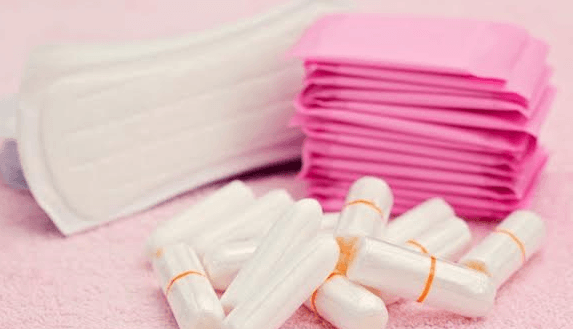The true cost of being female
4 min read
Shutterstock
By CAMERON ASHLEY
Staff Writer
CEO of PepsiCo, Indra Nooyi, revealed that the company was set to launch new line of “snacks for women” on the Freakonomics podcast on Jan 31. She stated that the new snacks were to be “low-crunch, the full taste profile, but not have so much of the flavor stick on the fingers.” Headlines erupted within follow days, coining the term “lady Doritos.” Due to the backlash, PepsiCo swiftly responded that “lady Doritos” were, in fact, not being released. That doesn’t mean the company doesn’t have plans for women-friendly snacks.
However, this isn’t a new idea. About five years ago, the pen company, BIC, came out with a brand new “for women” line. The most famous included a two pack of pens that were purple and pink and had flowery designs and jewels on them. You can still get these pens today for a whopping sixteen dollars on Amazon. In this line, BIC also sells “For Her” mechanical pencils, markers, and gel pens. How different are these from the standard black pens? Other than the fancy feminine additives, they aren’t different at all. It’s amazing that BIC is still able to keep this range available without continuing to cause controversy.
Gendered products can be found all throughout the market. Things like razors, shaving cream, and even toothbrushes are subjected to what is being called the “pink tax.” This phenomenon is most apparent when insane things like Doritos or pens are gendered but most of the time consumers don’t know that they are paying more for pink plastic. A study done by the New York City Department of Consumer Affairs concluded that, “on average, women’s products cost 7 percent more than similar products for men” and specifically, women’s “personal care products” are 13 percent more. I myself use razors marketed for men. They work the same, if not better, and they are cheaper.
These items are, of course, things most humans use every day and women are subjected to increased prices for the same items because the items are pink and “for women.” Actual items used by any woman who menstruates, such as tampons, pads, menstrual cups, etc., are also subjected to the “tampon tax.” The tampon tax is your everyday sales tax. However, the fact that these items, which are necessities, are subjected to sales tax is the main problem. If an item is taxed, that implies that it is a luxury and is not a basic need. Most states don’t even tax food, but Virginia is one of the rare few that do.
The tampon tax is one of the many important issues that falls under the umbrella of gender rights. Women do not choose to have their periods. Many of us would choose not to have them at all. Periods are horrible to deal with and cause symptoms like cramps, aches, and mood swings. They are most definitely not a luxury. Feminine hygiene products should be treated just like any other necessity. For example, the drug Viagra, used to help with erectile dysfunction, is a prescribed drug, and therefore cannot be taxed. Birth control works the same way. It could be argued that these two prescription drugs are not necessities, yet they are tax exempt while tampons are not. Women should not be punished for being women.
There is hope for the future. According to Politifact, there are currently seven states that do not tax feminine products, the most recent to exempt them being Illinois. Five states simply do not have a sales tax at all.
Virginia is currently among the states that tax tampons. However, recently bills have been introduced to the House of Delegates that may change that. Three bills that suggest the exemption of feminine hygiene from sales tax are making their way through Virginia legislature, all having been introduced by women delegates. Another bill suggests that these products be exempt during the three day back-to-school tax exemption weekend.
Whether it be actual luxuries like snacks and pens to personal hygiene like razors and shaving cream, women are paying more for everyday items that work just as well as items branded for men. On top of these added expenses, feminine hygiene products, which are necessary for any woman who menstruates, are considered luxuries by most states. This is a major gender rights issue that should be corrected. Companies are being allowed to exploit women who often don’t know that they are paying more. Women are paying the price for being women, and that doesn’t make any sense.


